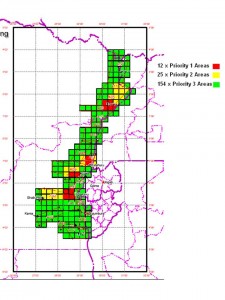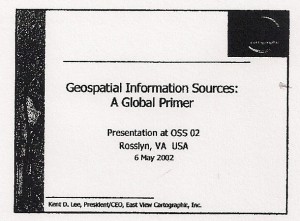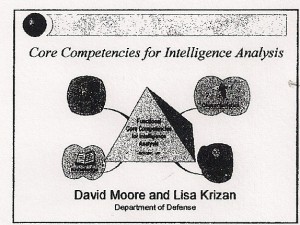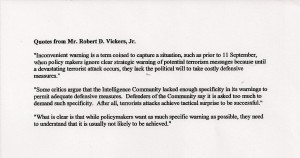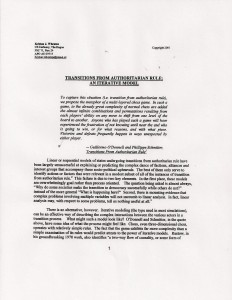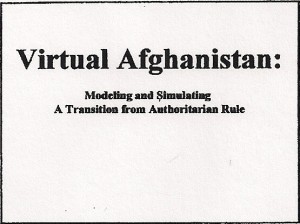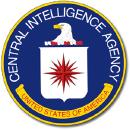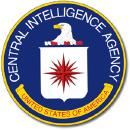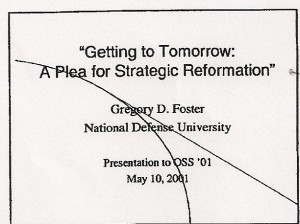
Kent Lee, founder and CEO of both East View Cartographic and East View Everything Else came to our attention in the early 1990's when both USSOCOM and the US Marine Corps were trying to deal with the FACT that the US Government did not have combat charts (tactically useful maps at the 1:50,000 level with contour lines vital to infantry and logistics operations. We discovered that Russia had focused on the wars of national liberation and did have such maps, and that East View could get them, translate them into English, and deliver them in digital forms suitable for existing US military systems.
In more recent years, East View has been our primary source of expert access and production assistance in helping United Nations and other forces that suffer from the fact that other than the Russians, every other Western country never put resources into mapping the Third World. Below left is a color coded depiction of the 175 sheets needed by MajGen Patrick Cammaert, RN NL, then Eastern Force Commander in the Congo. With Eastview's help, the Dutch government ultimately funded the satisfaction of this urgent need.
Below right is Kent Lee's presentation to OSS '02.
